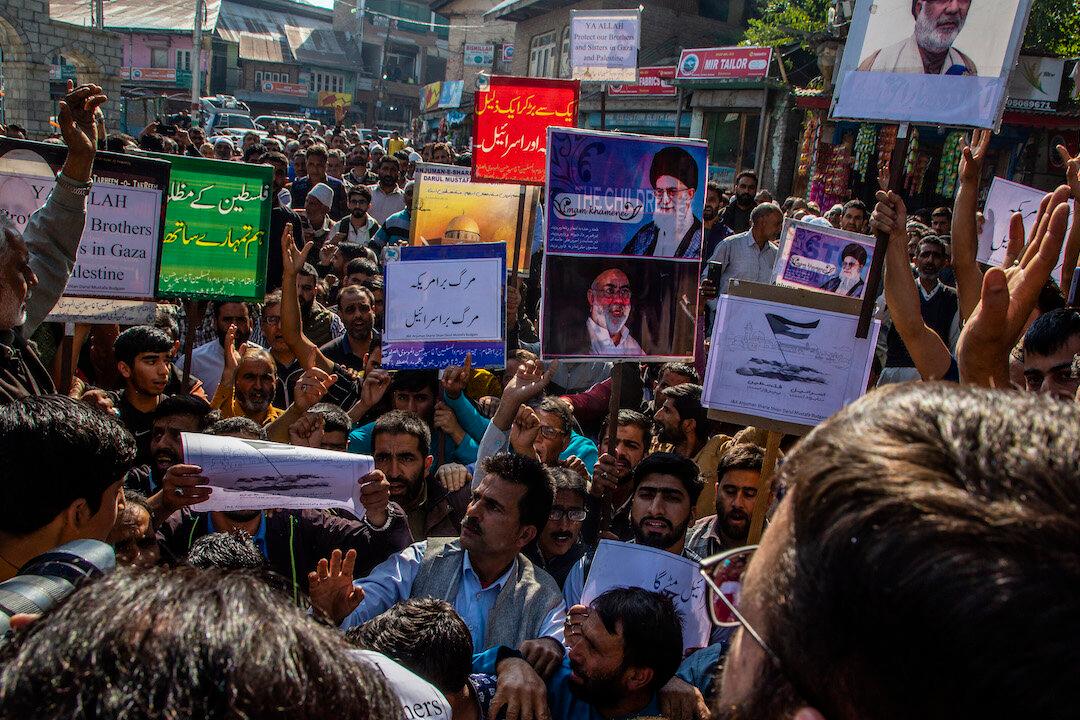NEW DELHI—A war of stances and narratives has broken out in the global media after India’s crackdown on pro-Palestinian protests. Some reports say the ban represents a foreign policy shift in an attempt to protect India’s relationship with Israel, one of its largest defense partners.
These reports are countered by others, primarily in the Indian media, who say the protests have been banned to maintain law and order.





